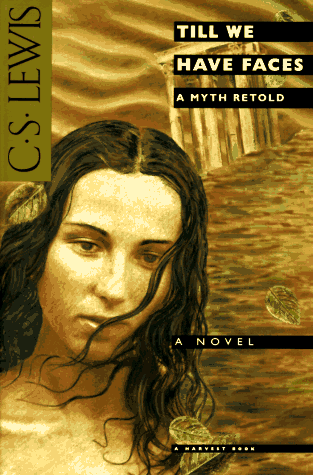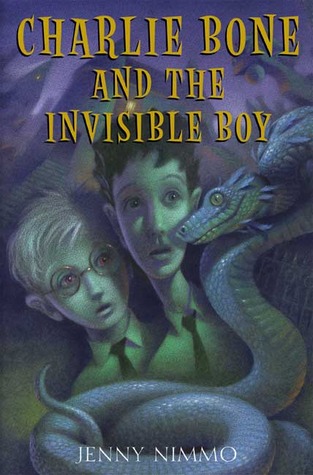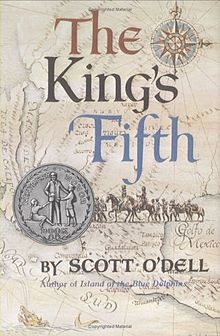When I heard this story, I was filled with sorrow; not least because I think some non-fiction is less true than a lot of fiction. But I think C. S. Lewis could convey better than I can some of my reasons for feeling sorry. That great defender of the Christian faith in an age of sovereign reason and godless intellectualism was also an avid reader, writer, and interpreter of myth, tales of magic, and science fiction. He seemed to think that such tales are far from leading young readers away from Christianity, and even farther from filling their heads with nonsense. Indeed, they are vital for young people–especially the more intelligent ones. They teach the difference between right and wrong, the cycles of nature, the relationships between creatures and between the creature and the Creator. Without them, a child may grow into quite an intellectual, with a head full of knowledge, but a heart empty of concepts of transcendence; a spirit unable to imagine anything mysterious or hidden; a soul unable to believe and, quite possibly, a mind unable to wrap itself around duties that put the needs of others ahead of its own.
Lewis tales of magic include the world famous Chronicles of Narnia; his science fiction consists of the mind-blowing Space Trilogy; and among his other books is the stand-alone novel Till We Have Faces, which is a retelling of an ancient myth: the Cupid-Psyche myth, to be exact. This heartfelt, moving novelization is set in an ancient culture that worshipped gods embodied in images of stone but existing independently of their images (remind you of the Dalemark Quartet?).
The basic story-line has a beautiful bride who is given to a loving husband…whose face she is not allowed to see. Her curiosity, spurred on by the jealousy of her sister, brings about a heartbreaking calamity that may spoil the couples happiness forever. Unless… Unless their love is redeemed by sacrifice…
Part memoir, part deathbed confession to a god both savagely like and mercifully unlike the idols the sister has served, Till We Have Faces explores the destroying power of jealousy, the healing power of forgiveness, and the equally destroying and healing powers of love. It is an uncompromising portrait of human nature in its struggle with God (or gods, as the case may be), and will give readers of any religion a great deal to think about. And apparently C. S. Lewis never considered “thinking” a bad thing–even for Christians!





